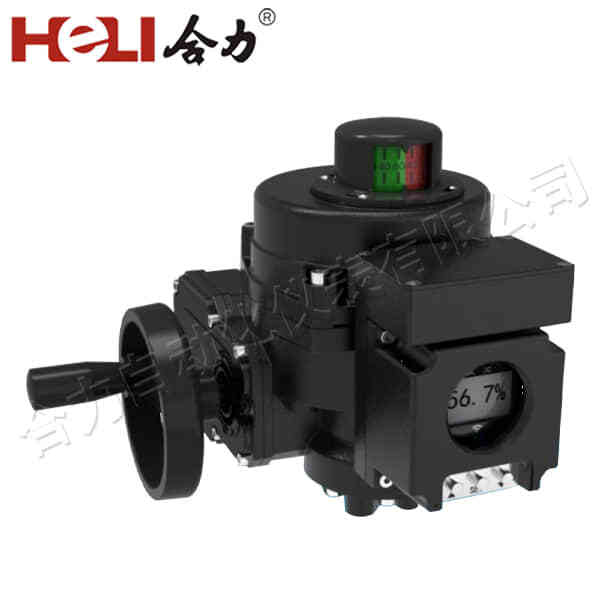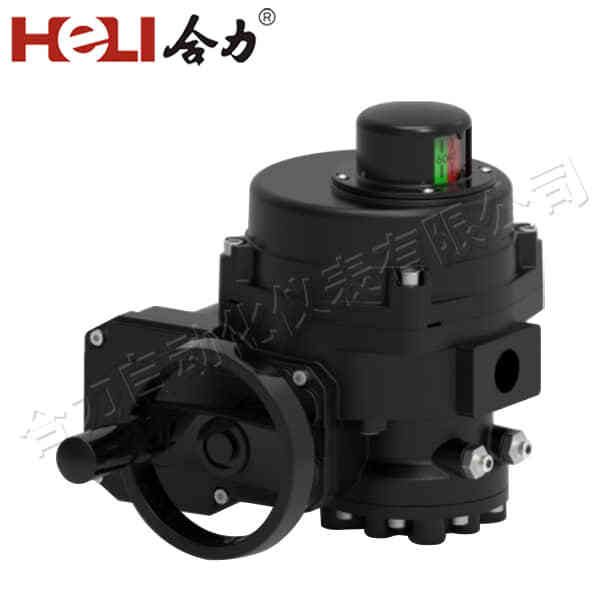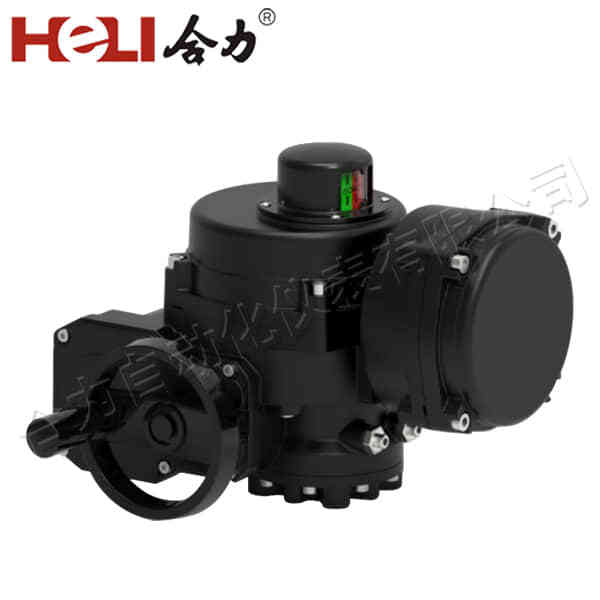understanding electric actuators: the backbone of modern automation
Release time:2025-05-16 10:44:25
In the realm of industrial automation and control systems, electric actuators play a crucial role. They are devices that convert electrical energy into mechanical motion, allowing for the precise control of various processes in industries ranging from manufacturing to automotive. This article delves into the fundamentals of electric actuators, their types, applications, advantages, and future prospects in the evolving landscape of technology.

What is an Electric Actuator?

An electric actuator is a mechanical device that uses electrical energy to produce motion. This motion can be linear or rotary, depending on the design and application of the actuator. Electric actuators are typically composed of three main components: the actuator itself, the control system, and the power supply. The actuator transforms electrical signals into movement, the control system determines how the actuator behaves based on feedback and programming, and the power supply provides the necessary energy for operation.
Types of Electric Actuators
Electric actuators can be broadly classified into two categories: linear actuators and rotary actuators.

Next article:there is none left!
Return to List



